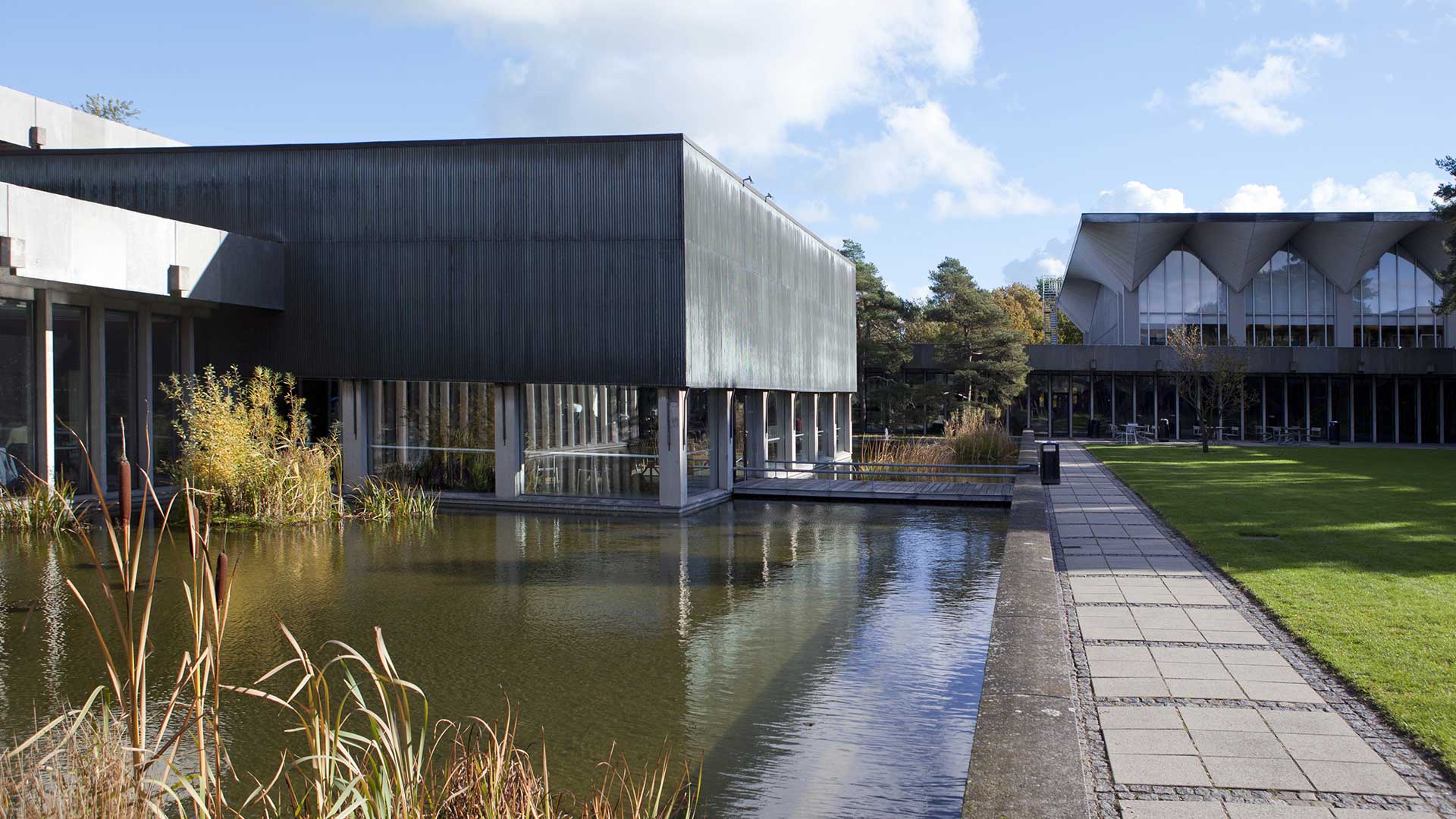DTU welcomed the first group of EMBA students in 1998, and they graduated in 2000. One of them was Jens Perregaard, who at that time was Head of Research at Haldor Topsoe, a global leader in catalysis technology. On the occasion of the 25th anniversary of the EMBA/MMT programme, we spoke to him about what it has meant for his career.
Why did you originally want to do an EMBA?
I was encouraged to do an EMBA by my then manager in Haldor Topsoe, Jens Rostrup Nielsen. He thought I could learn a lot about leadership by doing an EMBA, and then he was generally an advocate of lifelong learning. And I totally agree with him: you should never, ever stop learning. Today, it’s obvious to me that I learned leadership as a craft at DTU and tools that I have used and still use in my field.
I’m also sure that I chose DTU’s EMBA because DTU is located close to Haldor Topsoe’s head office and was thus rooted in the same local community, and the programme also combined technical and innovation focus. And this is also what Haldor Topsoe is known for.
What has this meant for your career?
Doing an EMBA at DTU has helped me build a large network, and together with my fellow students I spent two years working with all the various types of challenges you may come across as a leader—in the fields of law and finance, and when it comes to innovation and personal development. Some of the assignments we did related specifically to our own companies. This lent a healthy dynamic and a practical angle to the programme, which I was greatly inspired by.
After graduating, it was very natural to transition from a research management position to a commercial management position at Haldor Topsoe. The EMBA programme broadened my understanding of all the commercial aspects of the business and of leadership, and I was keen to explore and expand my skills further. However, I’ve maintained a technical understanding of the products I sell, because in technical sales you really need to know exactly what you are selling.
Have you benefitted from doing an EMBA at DTU in other ways?
Touching on so many different subjects, including law and finance, was extremely rewarding, and very importantly I learnt to ask the right questions when negotiating contracts, for example. Strengthening my understanding of personal development and leadership in general is probably what has made the biggest difference for me. I learned to be authentic in my role as a leader, and today I use myself as one of my primary management tools. If you’re not authentic, nobody will follow you, and then the leadership role doesn’t really mean anything.
Using yourself as a management tool is basically about showing your employees through your actions that you’re here because you want to and to support them in their efforts to meet the organization’s goals. You’re here because it’s fun, exciting, and meaningful to you. And it’s also about sharing your knowledge. If you keep your knowledge to yourself, you’ve misunderstood what good leadership is.
What does it take to do an EMBA?
You must really want to do it. You must really want to further expand your business development, management, and leadership skills, because doing an EMBA takes up a good chunk of your spare time. If you want to do it, you are likely to find yourself enriched by an enormous amount of knowledge that you can apply in your professional life.
Read more about the Executive MBA celebrating its 25th anniversary

